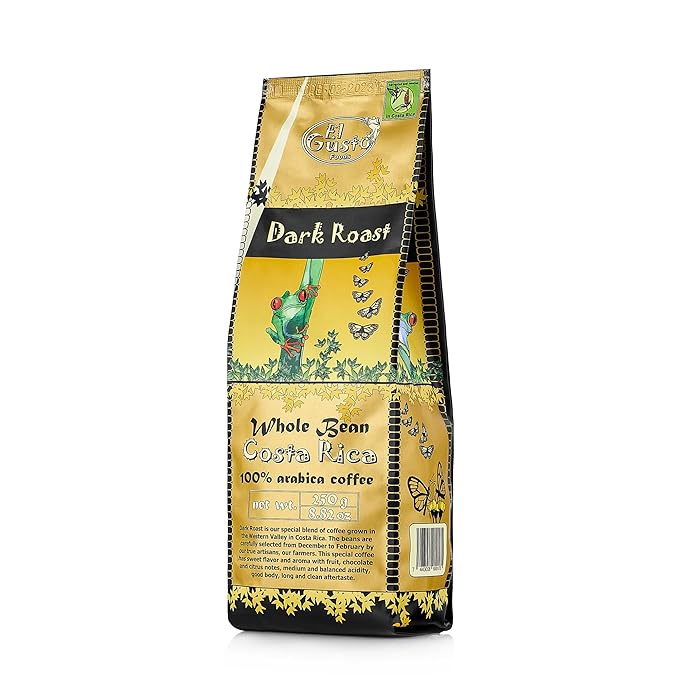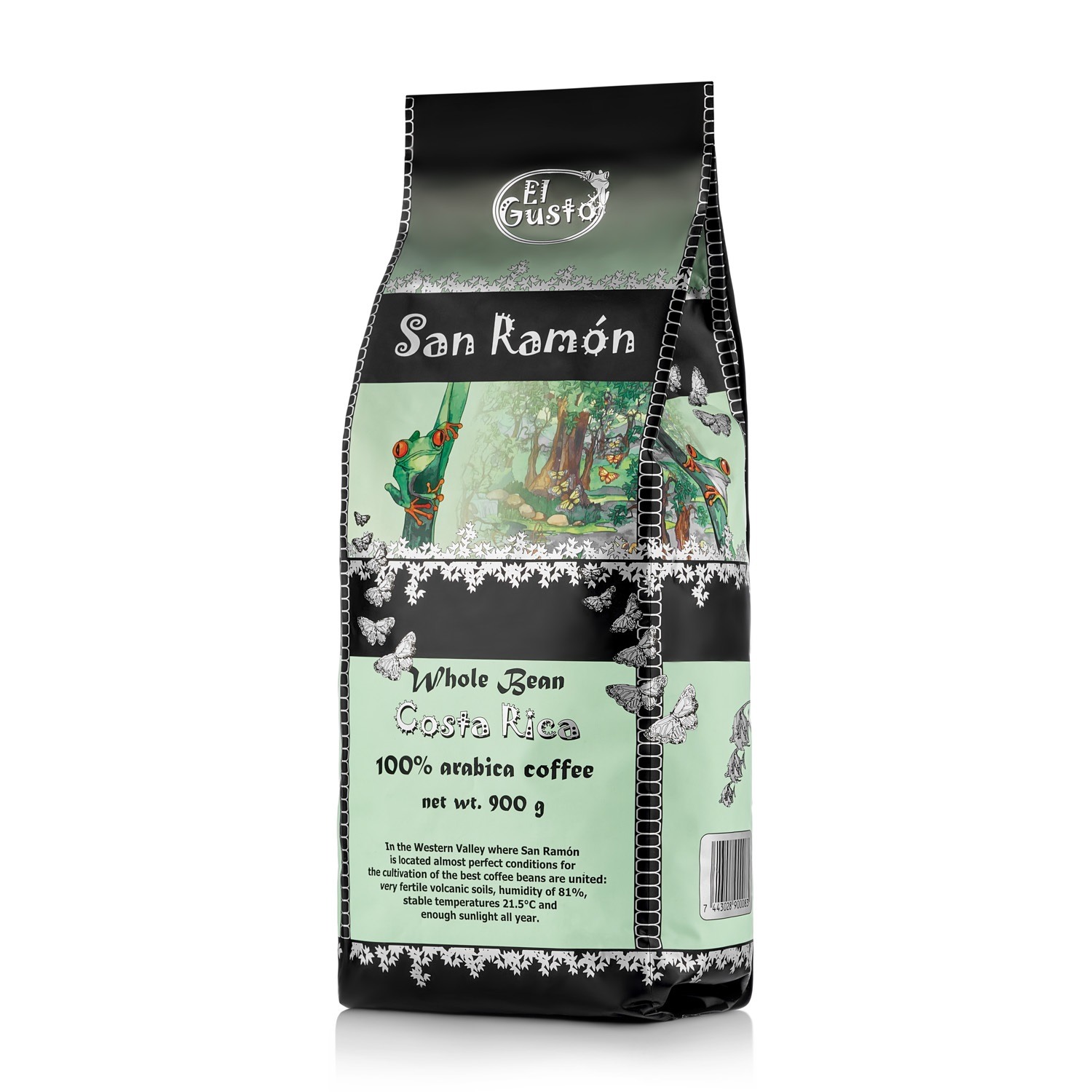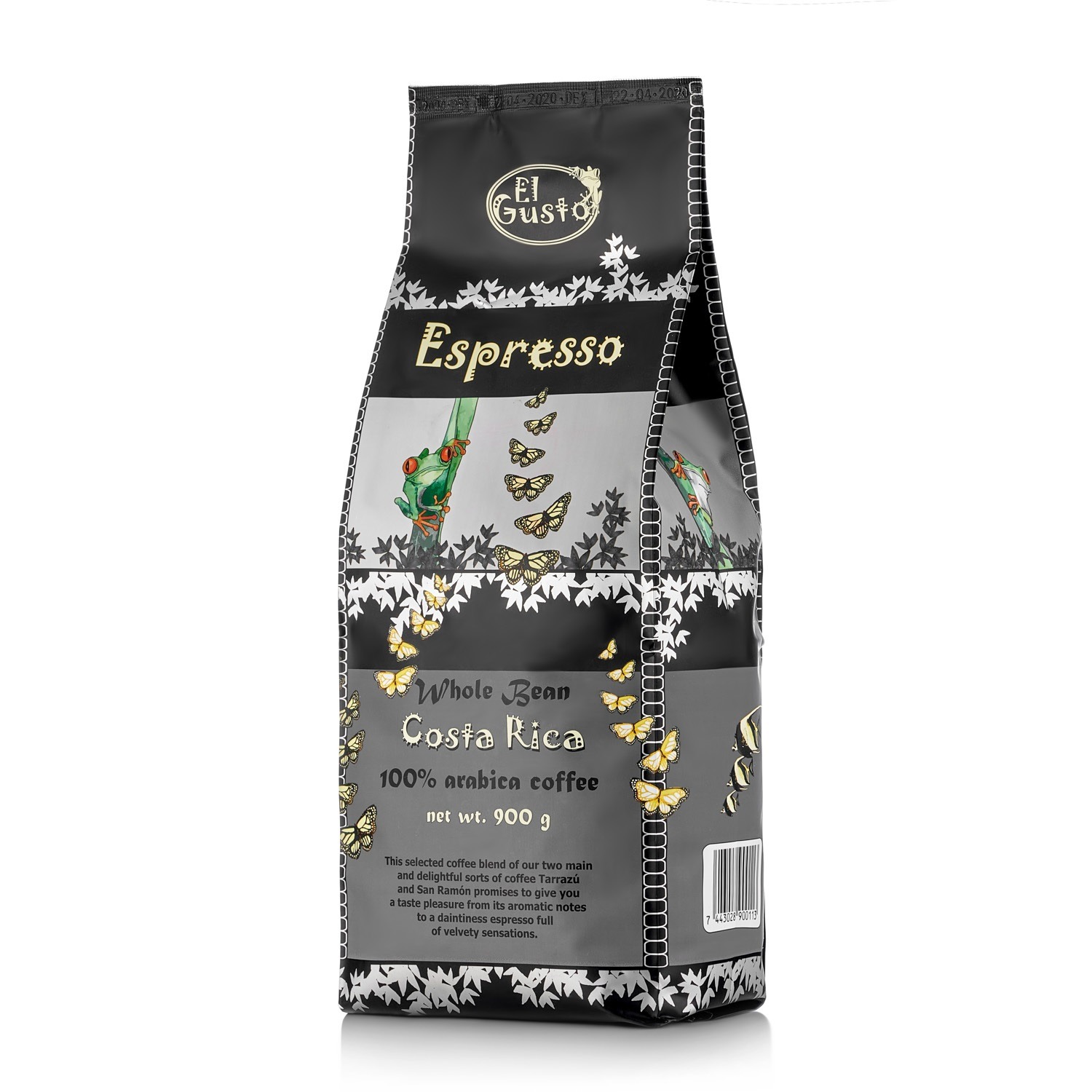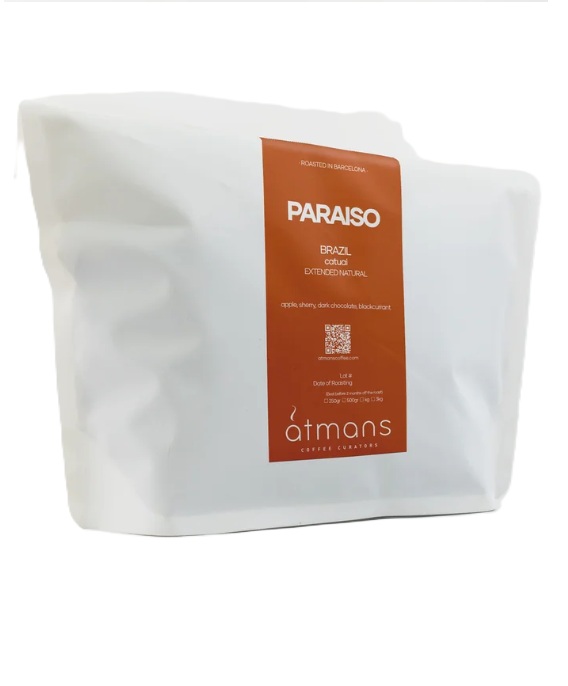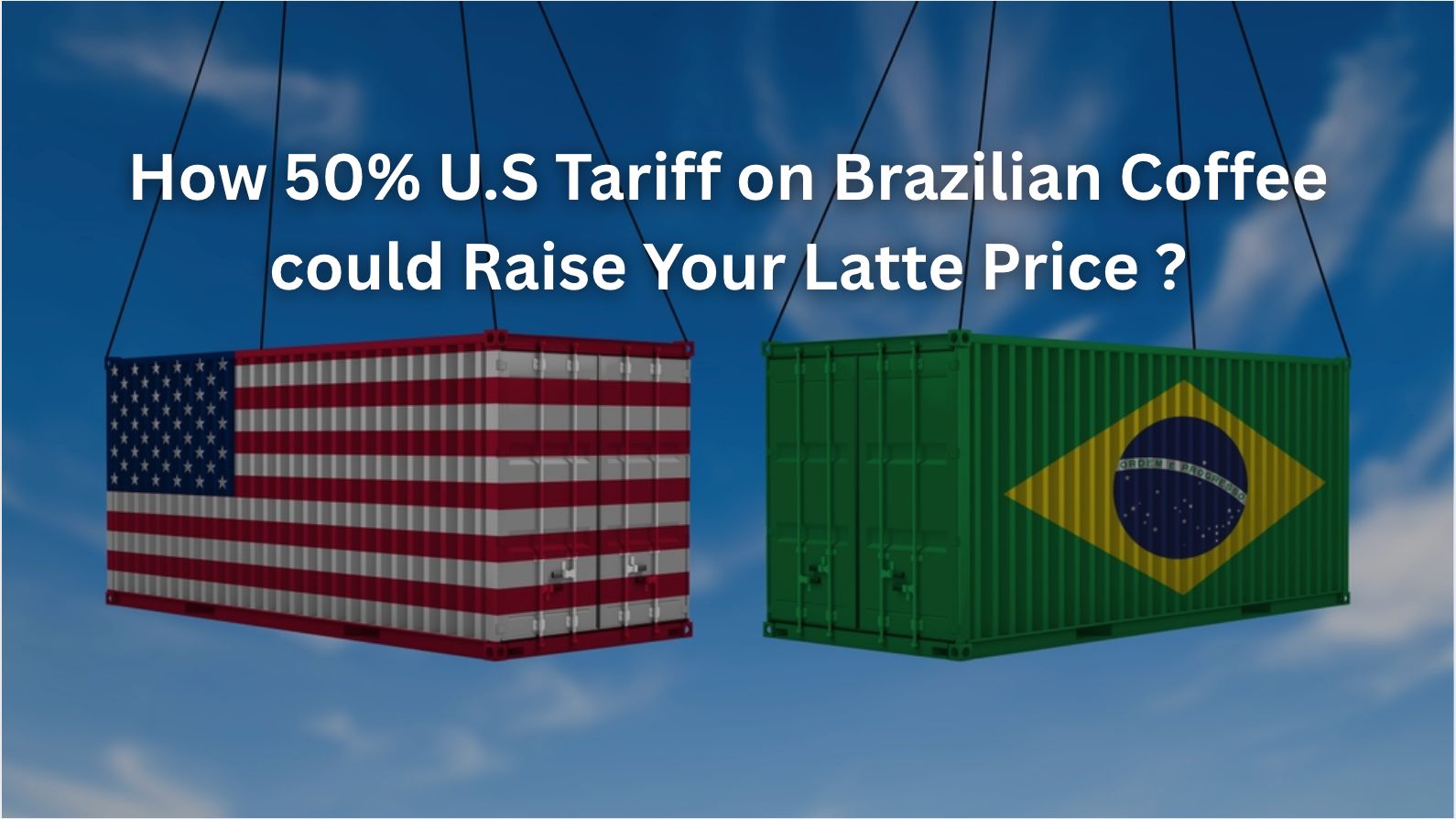
How 50% U.S. Tariffs on Brazilian Coffee Could Raise Your Latte Price
How 50% U.S. Tariffs on Brazilian Coffee Could Raise Your Latte Price
- azeem memon
- 21-08-2025
- 21-08-2025
- 1204 views
- Information

The recent 50% tariff imposed by the U.S. on Brazilian coffee is likely to have a significant impact on coffee prices, especially for everyday consumers. As inflation continues to strain household budgets, this tariff adds another layer of financial pressure. Brazil, one of the world’s largest coffee exporters, plays a crucial role in supplying beans to U.S. coffee roasters. With this tariff in place, coffee prices are expected to rise, and your beloved latte could soon cost more than ever before.
Background on Coffee Trade and Tariffs
Brazil is one of the largest coffee exporters in the world, supplying a substantial portion of the beans used in the U.S. coffee industry. Given this, the U.S. relies heavily on Brazilian coffee to meet consumer demand, from roasters to cafes. However, with inflation already driving up the prices of many goods, the recent 50% tariff on Brazilian coffee has the potential to add further pressure to an already strained market.
Tariffs are taxes imposed on imports, often as a response to trade disagreements or efforts to protect domestic industries. The U.S. government’s decision to levy a 50% tariff on Brazilian coffee aims to address broader trade issues but comes at a time when inflation is already pushing the cost of everyday goods higher. This tariff will increase the price of Brazilian coffee beans, directly impacting coffee roasters and, ultimately, consumers.
As a result, coffee prices, including the cost of a simple latte, are expected to rise, compounding the effects of inflation and making coffee an even more expensive habit. The increased costs will likely be passed down the supply chain, from importers and roasters to your local café. In the end, coffee drinkers will feel the impact, higher prices for a daily necessity, all thanks to tariffs and inflation.
The Latte Effect
So, how do U.S. tariffs on Brazilian coffee impact the price of your everyday latte? While the price increase may not seem drastic at first, the cumulative effects of rising coffee costs due to these tariffs can add up quickly for consumers.
The cost of a latte is closely tied to the price of coffee beans. Coffee shops purchase their beans from roasters, and when U.S. tariffs on Brazilian coffee drive up the cost of those beans, cafés are forced to raise their prices to cover the added expense. As a result, the price of a latte could increase, passing the higher costs onto consumers.
For instance, the 50% U.S. tariffs on Brazilian coffee could increase the price of coffee beans by several dollars per pound. Since a typical latte uses about 0.4 ounces of coffee per shot of espresso, this increase in bean prices could push the cost of a latte up by 20-25%. This means a $4 latte could increase by $0.80 to $1, depending on how much the café adjusts its prices.
Over time, this small price increase can add up, making coffee more expensive for regular drinkers. What was once a daily affordable indulgence might become a bit more of a financial burden, all because of the ripple effects caused by the U.S. tariffs on Brazilian coffee.
Conclusion
The recent U.S. tariffs on Brazilian coffee are set to increase coffee prices, adding another layer of pressure for consumers already grappling with inflation. Whether you’re a daily latte drinker or simply enjoy a cup of coffee on occasion, these changes could impact your wallet in the months ahead. It’s important to stay informed about how global trade policies and economic factors are shaping the price of everyday goods. If you want to stay updated with the latest news and insights like this, be sure to visit our blog page daily for more articles on the economic forces shaping your world. From coffee prices to global trade, we’ve got you covered!
Is There a U.S. Tariff on Coffee?
Yes, the U.S. has imposed tariffs on some coffee imports, including a recent 50% tariff on Brazilian coffee. These tariffs are typically used to address trade disputes or protect domestic industries, and they can lead to higher coffee prices for U.S. consumers.
Why Is Coffee So Expensive Right Now in the USA?
Coffee prices have been rising in the U.S. due to several factors, including inflation, supply chain disruptions, and trade tariffs. The cost of coffee beans has been increasing due to adverse weather conditions affecting coffee-growing regions, along with higher shipping costs and labor shortages. Additionally, tariffs, such as the recent 50% tariff on Brazilian coffee, have also added to the cost of imported beans, contributing to higher prices for consumers at cafés and grocery stores.
What Percentage of Coffee Does the U.S. Import from Brazil?
Brazil is the largest exporter of coffee in the world, and the U.S. imports approximately 37% of its coffee from Brazil. The country plays a critical role in the American coffee market, supplying a wide variety of beans that are used by coffee roasters and retailers across the country.
What Is the Tariff Heading for Coffee?
Tariffs on coffee imports to the U.S. can vary based on the country of origin and the type of coffee. However, recent news has highlighted a 50% tariff on Brazilian coffee, which has raised concerns about price hikes.








